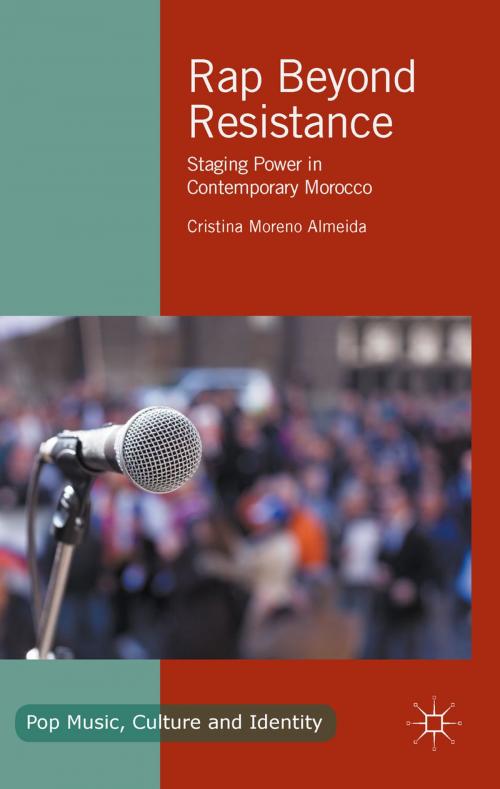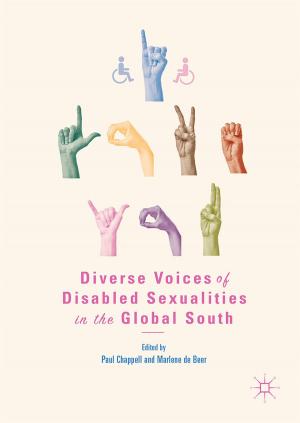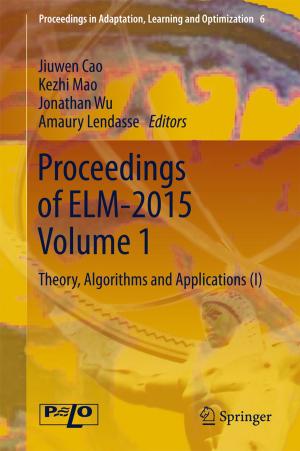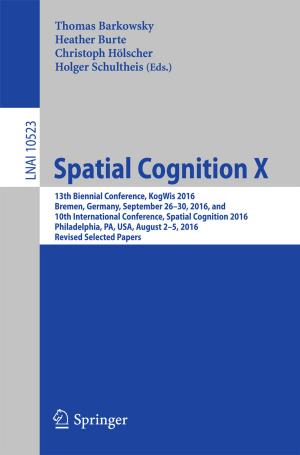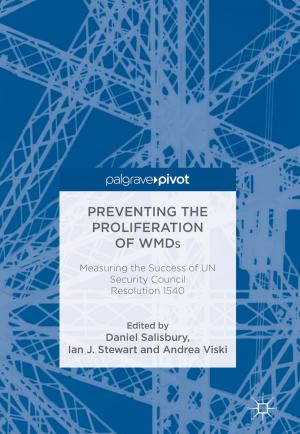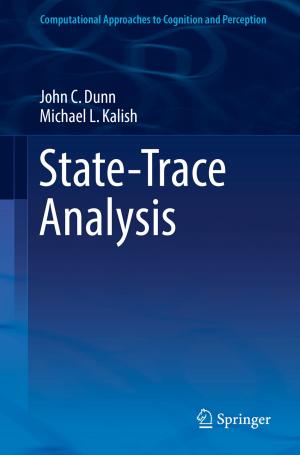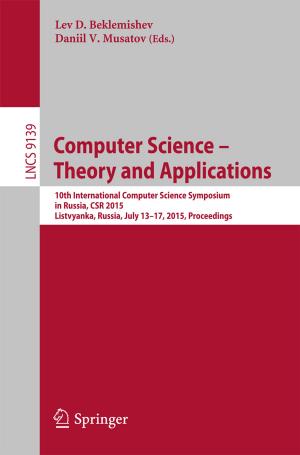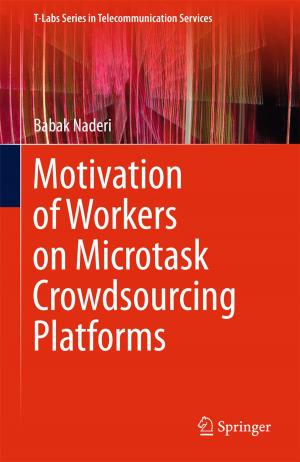Rap Beyond Resistance
Staging Power in Contemporary Morocco
Nonfiction, Social & Cultural Studies, Social Science, Cultural Studies, Popular Culture, Entertainment, Music| Author: | Cristina Moreno Almeida | ISBN: | 9783319601830 |
| Publisher: | Springer International Publishing | Publication: | September 15, 2017 |
| Imprint: | Palgrave Macmillan | Language: | English |
| Author: | Cristina Moreno Almeida |
| ISBN: | 9783319601830 |
| Publisher: | Springer International Publishing |
| Publication: | September 15, 2017 |
| Imprint: | Palgrave Macmillan |
| Language: | English |
This book fills the gap in existing literature by exploring other forms of political discourses in non-Western rap music. Theoretically, it challenges and explores resistance, arguing towards the need for different epistemological frameworks in which to look at narratives of cultural resistance in the Arabic-speaking world. Empirically, it provides an in-depth look at the politics of rap culture in Morocco. Rap Beyond Resistance bridges the humanities and social sciences in order to de-Westernize cultural studies, presenting the political narratives of the Moroccan rap scene beyond secular liberal meanings of resistance. By exploring what is political, this book brings light to a vibrant and varied rap scene diverse in its political discourses–with an emphasis on patriotism and postcolonial national identity–and uncovers different ways in which young artists are being political beyond ‘radical lyrics’.
This book fills the gap in existing literature by exploring other forms of political discourses in non-Western rap music. Theoretically, it challenges and explores resistance, arguing towards the need for different epistemological frameworks in which to look at narratives of cultural resistance in the Arabic-speaking world. Empirically, it provides an in-depth look at the politics of rap culture in Morocco. Rap Beyond Resistance bridges the humanities and social sciences in order to de-Westernize cultural studies, presenting the political narratives of the Moroccan rap scene beyond secular liberal meanings of resistance. By exploring what is political, this book brings light to a vibrant and varied rap scene diverse in its political discourses–with an emphasis on patriotism and postcolonial national identity–and uncovers different ways in which young artists are being political beyond ‘radical lyrics’.
